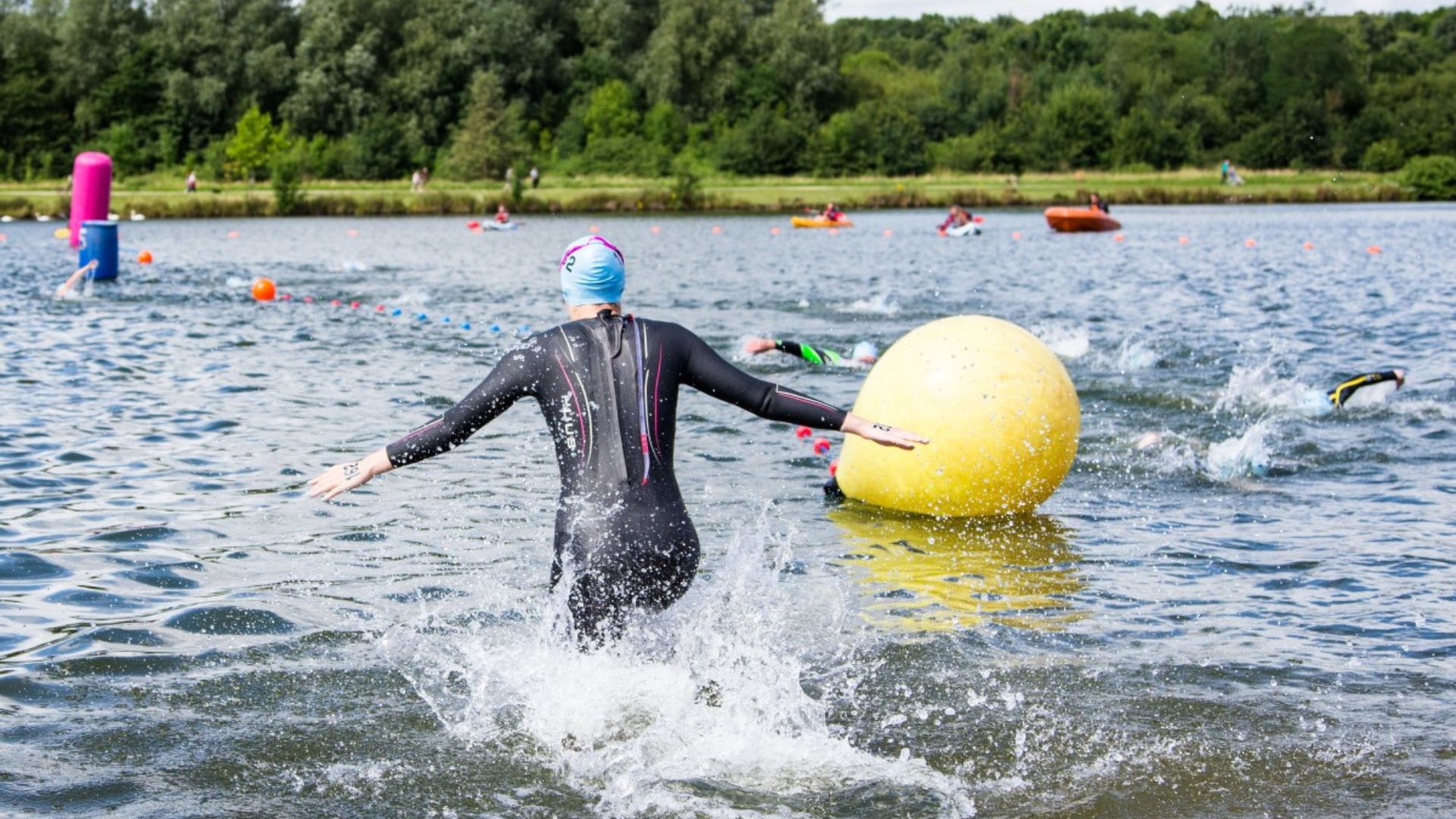Balancing swimming club practices with other commitments can be challenging, but with careful planning and organization, it’s possible to create a schedule that accommodates everything. Here are some tips on how to plan your schedule around swimming club practices effectively:

Assess Your Priorities
List Your Commitments
Start by listing all your commitments, including school or work, family obligations, social activities, and personal time. This will give you a clear picture of your responsibilities and help you prioritize them.
Set Goals
Determine your goals for swimming and other areas of your life. Knowing what you want to achieve can help you allocate your time more effectively and stay motivated.
Create a Weekly Schedule
Use a Planner or Digital Calendar
Utilize a planner or digital calendar to organize your weekly schedule. Input all your fixed commitments, such as school, work, and swimming practices, first.
Allocate Study and Work Time
Dedicate specific blocks of time for studying or working. Ensure these periods are consistent to build a routine that complements your swimming practice schedule.
Optimize Your Practice Schedule
Coordinate with Coaches
Communicate with your swimming coaches to understand the practice schedule and any flexibility it might have. Knowing your practice times in advance helps you plan around them more efficiently.
Choose the Right Practice Times
If your swimming club offers multiple practice sessions, choose the ones that best fit your schedule. Early morning or late evening practices might be more convenient if you have daytime commitments.
Plan for Travel Time
Calculate Commute Times
Account for the time it takes to travel to and from the pool. Ensure you have enough time to get there, change, and warm up before practice starts.
Carpool or Use Public Transportation
Consider carpooling with teammates or using public transportation to save time and reduce travel-related stress.
Balance Rest and Recovery
Schedule Rest Days
Include rest days in your weekly schedule to allow your body to recover. Overtraining can lead to burnout and injuries, so it’s essential to balance intense training with adequate rest.
Prioritize Sleep
Ensure you get enough sleep each night. Quality sleep is crucial for recovery and overall performance, both in the pool and in your daily activities.
Manage School or Work Responsibilities
Plan Ahead
Stay on top of your assignments and work tasks by planning ahead. Break large projects into smaller tasks and set deadlines to avoid last-minute stress.
Communicate with Teachers or Employers
If your swimming schedule conflicts with school or work, communicate with your teachers or employers. They might offer flexibility or additional support to help you balance your commitments.
Incorporate Cross-Training
Schedule Complementary Workouts
Plan cross-training workouts, such as strength training, yoga, or running, around your swimming practices. These workouts should complement your swim training and not interfere with your recovery.
Be Flexible
Stay flexible with your cross-training schedule. Adjust the intensity and timing of these workouts based on your swimming workload and overall fatigue levels.
Plan Meals and Nutrition
Meal Prep
Prepare meals in advance to ensure you have nutritious food ready, even on busy days. Meal prepping can save time and help you maintain a balanced diet.
Eat Balanced Meals
Ensure your meals include a mix of proteins, carbohydrates, and healthy fats to fuel your workouts and aid recovery. Proper nutrition supports your performance and overall well-being.
Prioritize Personal Time
Schedule Downtime
Allocate time for relaxation and activities you enjoy outside of swimming and other commitments. Personal time is essential for mental health and maintaining a balanced lifestyle.
Stay Social
Make time for social activities with friends and family. Building strong relationships and having a support network can help you manage stress and stay motivated.
Monitor and Adjust
Track Your Schedule
Regularly review your schedule to ensure it aligns with your goals and commitments. Tracking your time can help you identify areas where you might need to adjust your plan.
Be Adaptable
Life can be unpredictable, so be prepared to adapt your schedule as needed. Stay flexible and make adjustments to accommodate unexpected events or changes in your routine.
Conclusion
Planning your schedule around swimming club practices requires organization, communication, and flexibility. By assessing your priorities, creating a weekly schedule, optimizing practice times, balancing rest and recovery, managing responsibilities, incorporating cross-training, planning meals, prioritizing personal time, and monitoring your schedule, you can effectively balance swimming with other aspects of your life. This balanced approach will help you achieve your goals and maintain a healthy, fulfilling lifestyle.



